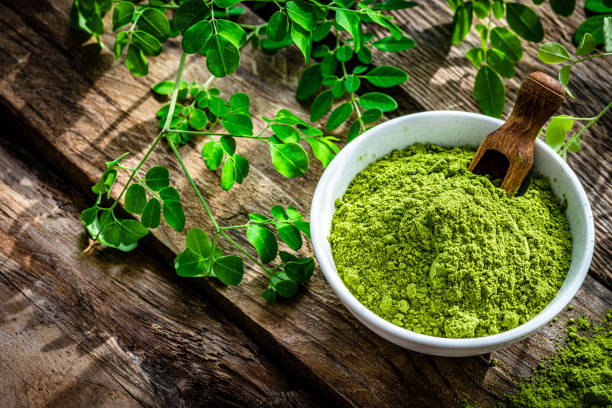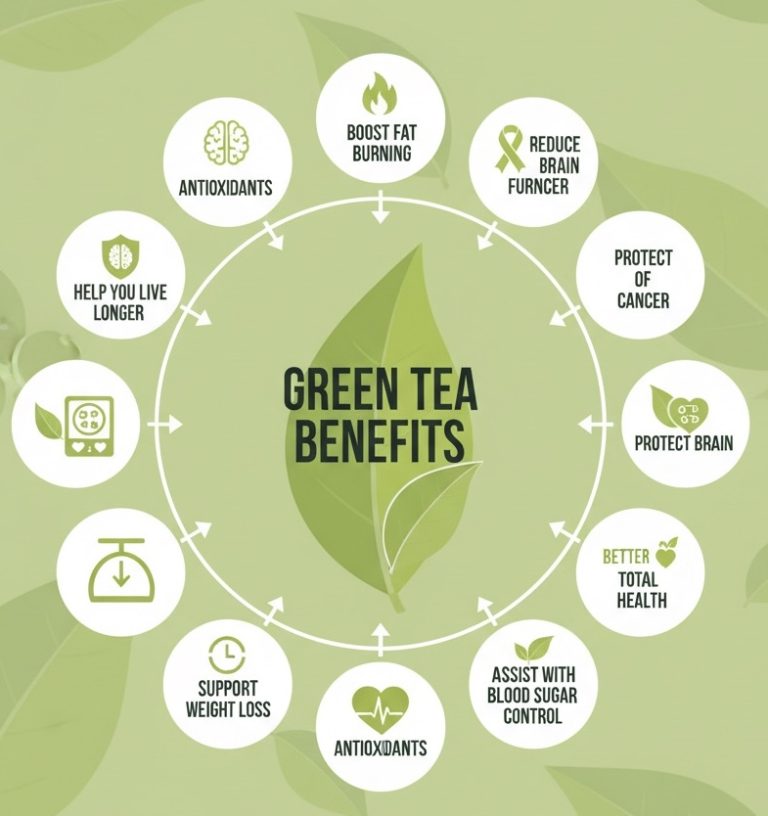
Moringa leaves—kelor as they’re known in Indonesia—have earned a reputation as one of nature’s most powerful healing plants. For centuries, communities across Asia and Africa have turned to moringa for nutrition, skincare, crop support, and traditional medicine.
Yet despite its long history, many of its benefits still fly under the radar. If you think moringa is just another leafy green, think again. This plant delivers an impressive range of advantages backed by cultural wisdom and growing scientific evidence.
CLICK ON THE PICTURE IF YOU WANT TO BUY MORINGA TODAY 👇

A Nutrient Profile Worth Noticing
Moringa oleifera thrives in tropical and subtropical regions, and its leaves offer an impressive nutrient package that often rivals a natural multivitamin. They contain:
• Vitamins A, B1, B2, B3, C, and E
• Potassium and phosphorus
• Calcium and magnesium
• Iron
Because of this dense nutritional makeup, moringa continues to play an important role in many traditional diets and wellness routines.
Surprising and Time-Tested Benefits of Moringa
1. Moringa Flowers: A Gentle Cough Soother
Communities often steam moringa flowers and mix them with honey to ease coughs and mild asthma symptoms. This simple, soothing remedy remains a trusted household favorite.
2. Bark Extract for Eye and Ear Relief
Traditional healers frequently press liquid from moringa bark and use it to calm eye and ear infections. They also apply it to ulcers and swollen areas because it helps promote quicker recovery.
3. Moringa Seed Oil: Beauty and Protection
Pressing moringa seeds produces a versatile, lightweight oil. People use it to:
• Clean and nourish the skin
• Ease minor infections
• Act as a mild antifungal
• Condition and soften hair
• Serve as a perfume base
• Repel insects naturally
Additionally, farmers often feed the leftover seed cake to livestock because it offers a rich source of protein.
4. A Natural Fertilizer That Boosts Growth
Long before modern farming practices existed, farmers sprayed moringa-based solutions on their crops. Today, studies confirm that crops treated with moringa extract tend to grow more than 25% faster and develop better resilience during drought.
5. A Traditional Remedy for Headaches
People regularly eat raw or cooked moringa leaves to ease headaches and migraines. Others rub fresh leaves on the temples for quicker relief. The leaves also support wound healing when applied directly to the skin.
6. Natural Pest Control
Because moringa naturally resists pests, farmers grind the leaves, mix them with water, and spray the mixture over crops. This helps protect plants from bacterial and fungal infections without relying on harsh chemicals.
7. Root Extract to Ease Muscle Spasms
Traditional medicine often turns to moringa roots to calm muscle cramps, especially in the stomach and intestines. Research now shows that these roots contain compounds similar to those found in modern treatments for gastrointestinal discomfort.
8. A Boost for Livestock Health
Farmers who add moringa leaves to cattle feed often see impressive results. Animals gain weight more consistently, and milk production increases by more than 40%, making moringa a valuable agricultural resource.
CLICK ON THE PICTURE IF YOU WANT TO BUY MORINGA TODAY 👇

9. A Natural Aphrodisiac
In several regions of India, people use moringa leaves, flowers, and seeds to support fertility and enhance libido. Early studies echo these cultural practices and encourage further research.

10. Promising Anti-Cancer Potential
Research in the International Journal of Molecular Sciences shows that moringa leaf extract may slow pancreatic cancer cell growth and enhance chemotherapy effectiveness. Other studies suggest similar outcomes in additional cancer types.
Moringa’s Quiet Power
Moringa may look ordinary, yet its potential remains extraordinary. It nourishes, heals, protects, and strengthens across cultures and generations. With science now catching up to tradition, moringa’s story is just beginning—and if any plant deserves the title of a true superplant, it’s this one.


